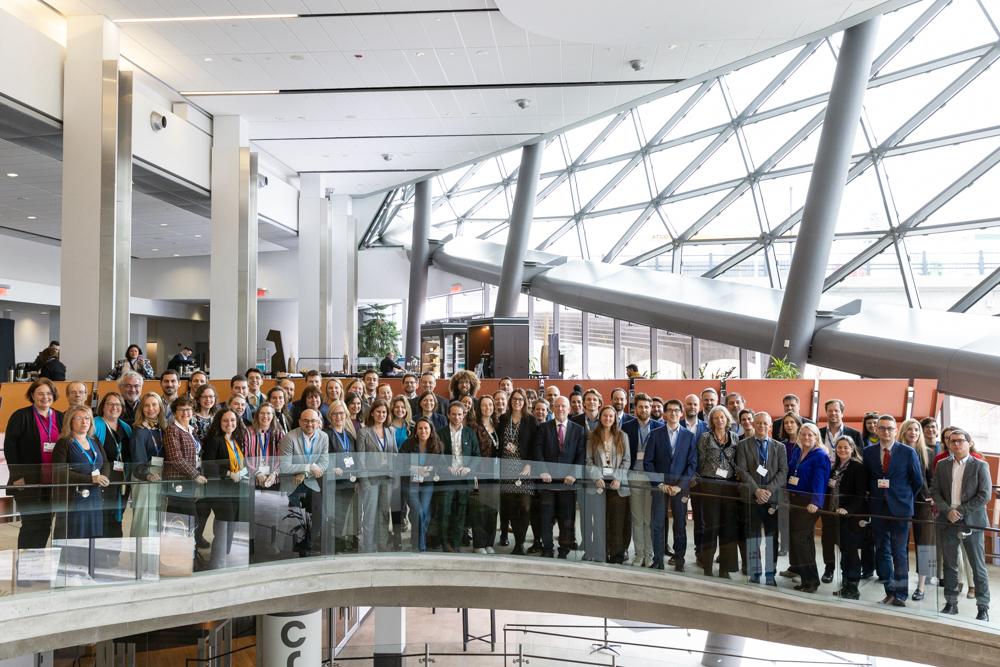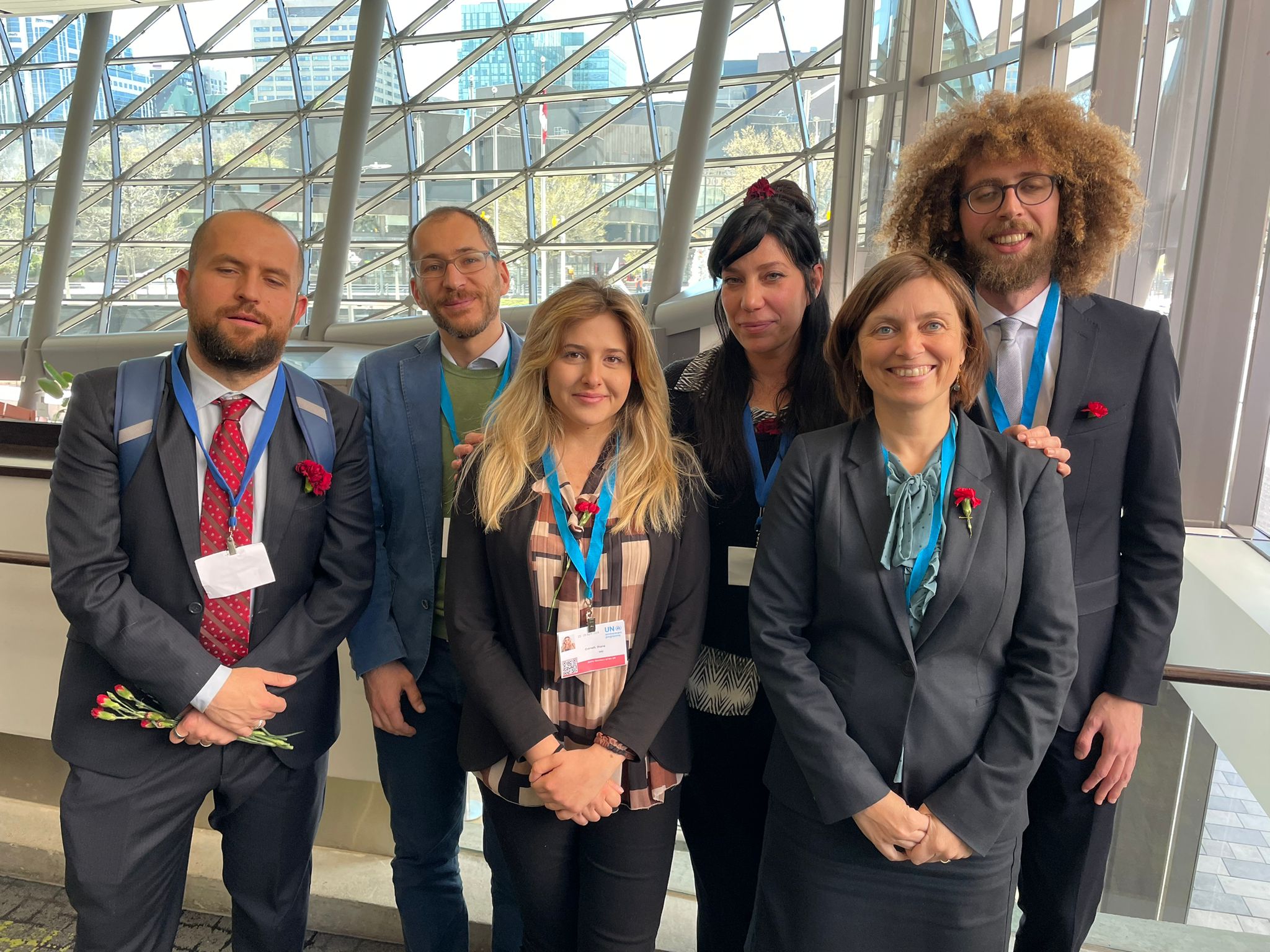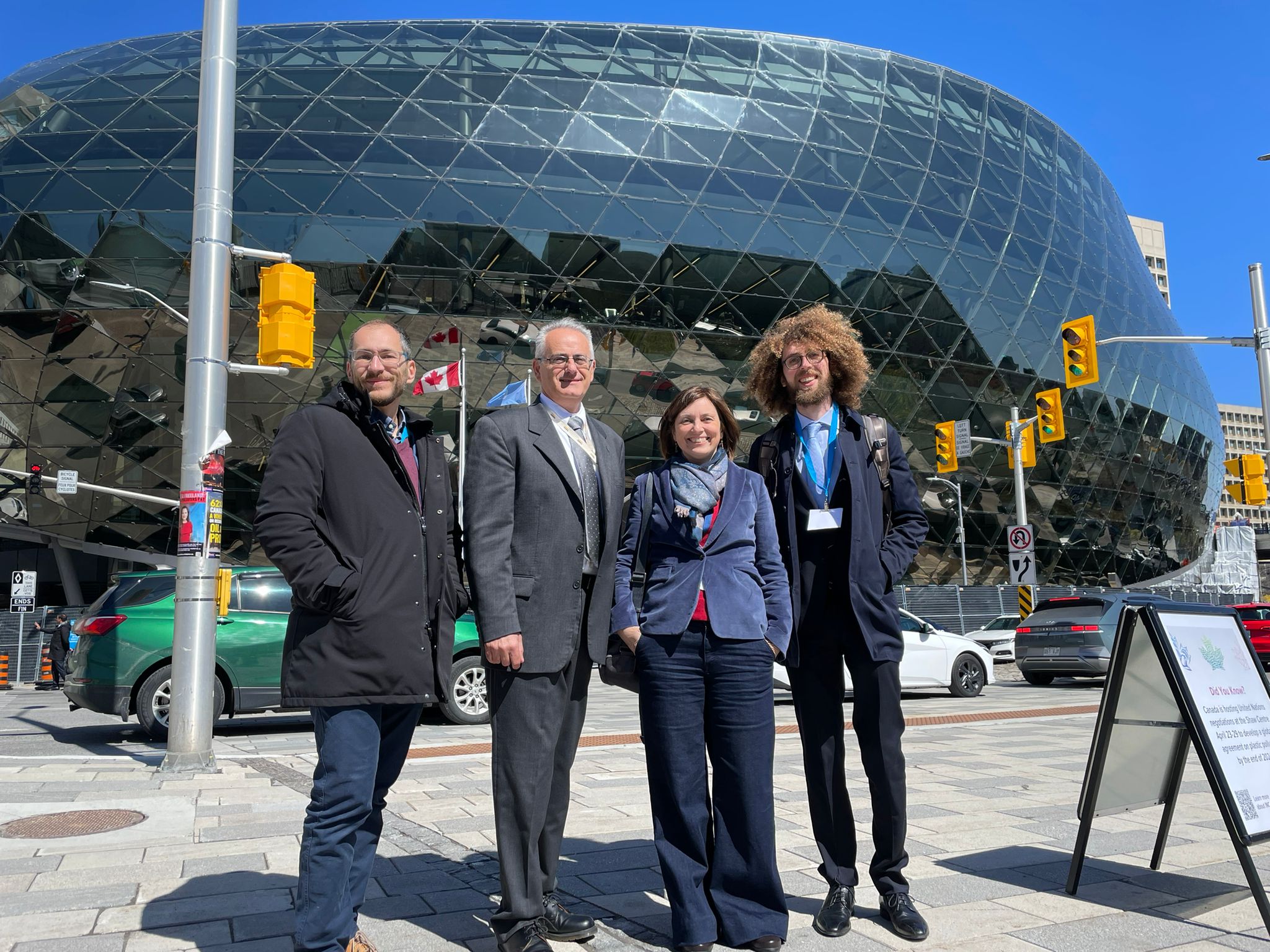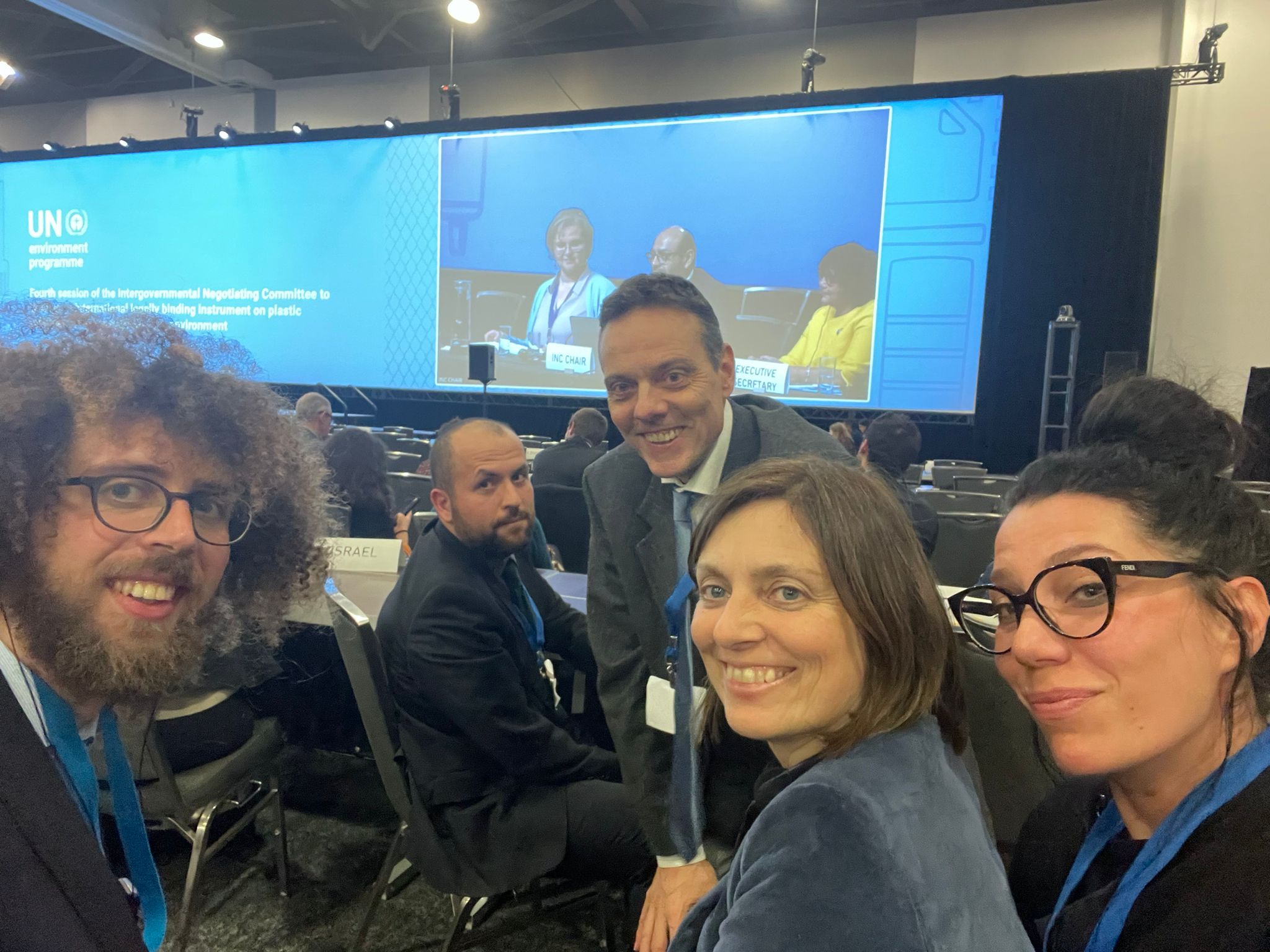Key Outcomes from the INC-4 on Plastic Pollution

The fourth Intergovernmental Negotiating Committee (INC-4) was held from April 23 to April 29 in Ottawa, Canada. This is the latest international meeting aimed at developing an international legally binding instrument against plastic pollution (including for the marine environment), following the decision adopted in 2022 by UNEA.
Fantina Madricardo, researcher at CNR-ISMAR and coordinator of MAELSTROM, attended the meeting with an Italian delegation of scientists. “It was a challenging meeting that brought together over 2500 participants and revealed some good news but also highlighted some unresolved difficulties,” says Dr. Madricardo.
“It has been extremely interesting to see how so many countries try to reach a common decision. Among the most important outcomes is the establishment of a legal drafting group, which will ensure the clarity and legal correctness of the instrument,” Dr. Madricardo adds. “However, there are still challenges. In particular, some countries have difficulties concerning the limitations on the production of primary plastic polymers. This makes the negotiation on the text very complex and is among the aspects that do not guarantee that the treaty will be finalized by the end of the year, as planned.”
INC-4 convened participants representing governments, academia, civil society organizations, and private sector entities. The role of science in combating plastic pollution has been widely acknowledged, and various representatives from the academic world were present at the meeting. “Scientific knowledge is essential to effectively address the plastic problem, particularly in light of the increasing evidence emerging about the effects of plastic on human health,” says Dr. Madricardo.
The next meeting, INC-5, is scheduled for the end of 2024 and will be held in Busan, Korea. Nevertheless, considerable work remains to be done before then. In the meantime, the report of INC-4 is available on the website of the International Institute for Sustainable Development (IISD), with a clear analysis of the results achieved—and the issues still unresolved—from the meeting.


